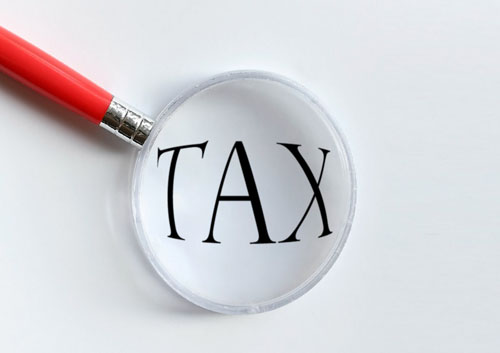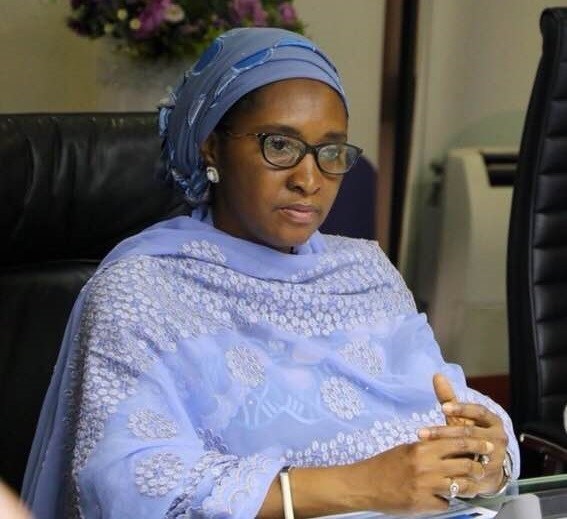Earlier this week, the Federal Executive Committee announced an increase in Value Added Tax (VAT) on goods from 5 per cent to 7.2 per cent.
According to the Minister of Finance, Budgeting and Planning, Mrs Zainab Ahmed, the new rate will become effective after consultations at various levels on a date deemed appropriate.


Ahmed made this known while addressing correspondents after the FEC meeting presided over by President Muhammadu Buhari on Wednesday. She went on to say that the VAT act would be amended in preparation for the application of the new VAT rate.
We will begin consultations and consultations will be at various
Mrs Zainab Ahmed
levels in the country. So it includes consultations with the states,
with the local governments, with the parliament as well as with the
Nigerian public. For the VAT increase to take effect, there has to be
an amendment to the VAT Act.
This move has been received with a lot of reservation amid concerns that spending power of the average Nigerian will be affected.
A study on the VAT and its relationship with the economic growth of the country shows that the consumption tax is borne by the final consumer of goods and services.
Simply put, an increase in the VAT rate will very likely mean an increase in the price of goods and services. The average retailer/business owner will adjust the price of goods and services to soften the effects of remitting a higher VAT to the government.
Here is what Nigerians have to say about the VAT increase
The Minister of Finance states that one of the important reasons for the increase in the VAT rate is to equip the State Governments with financial aid to pay the minimum wage. The majority of the VAT, according to her, would go to the states while 15% goes to the Federal Government.


Mrs Zainab Ahmed, the Minister of Finance, Budget and National Planning
Nigerians are not quite sold as the reactions on Twitter suggest.
At the end of the day, the average Nigerian is keen to know if this will mean greater spending power because of the increased minimum wage. Or if this is business as usual for the government. Will this be a case of collecting more from Nigerians to pay Nigerians?






